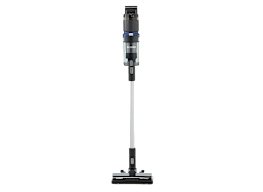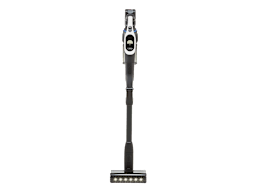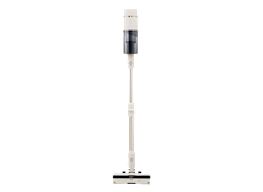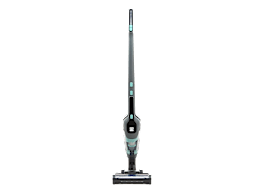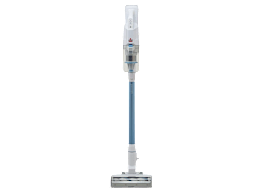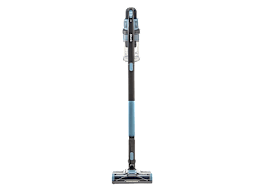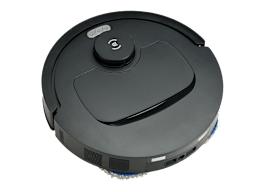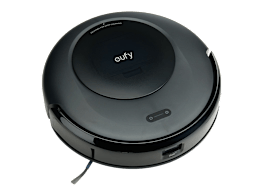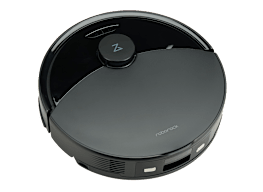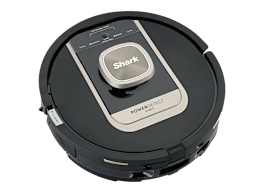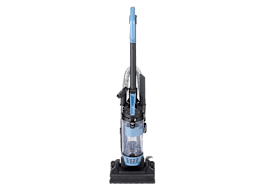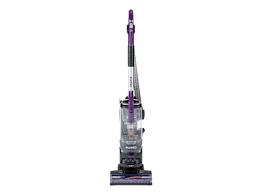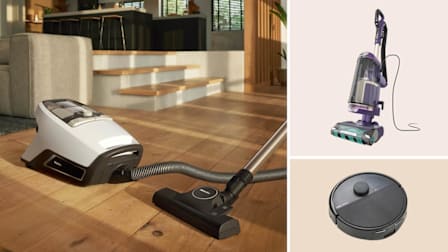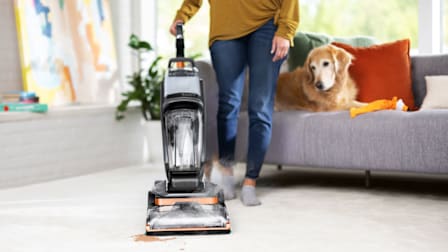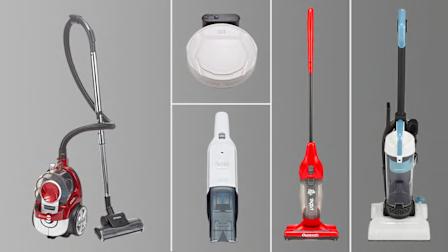3 Things You Should Never Vacuum
Think twice before trying to vacuum up these messes
When you shop through retailer links on our site, we may earn affiliate commissions. 100% of the fees we collect are used to support our nonprofit mission. Learn more.
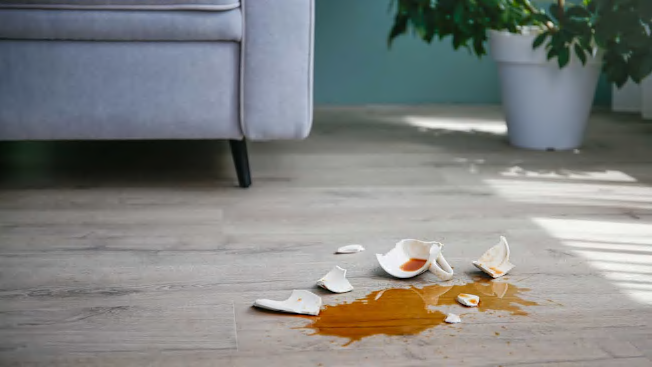
I like to think of my vacuum as almighty, a catchall solution to anything I spill. Whenever there’s a mess in my home, it’s the first thing I reach for when I need a quick and efficient cleanup.
- Avoid Vacuuming: Liquids Burning Material Small or Sharp Objects
Liquids and Wet Messes
One common vacuuming mistake people make is trying to vacuum up liquids such as water or essential oils, says Theo Jones, a design engineer at Dyson. By doing so, he warns, you run the risk of damaging the vacuum’s motor.
Speaking of essential oils, that and other flammable or combustible liquids, including gasoline, cleaning fluid, and perfumes, are a no-go because fumes from these substances can create a fire hazard or explosion, says Chris Kobrick, director of product management at Kenmore.
You should also avoid vacuuming wet messes, such as soggy cereal, with a dry vacuum, as this can clog the hose and other parts of your vacuum, says Tyler Ivester, CR’s senior test technician who evaluates our vacuums.
What to do instead: For wet debris, such as spilled cereal, you can use wet-floor cleaners, Jones says. For flammable liquids, follow the instructions on the container label, which instruct users on what to do in the event of a spill, Kobrick says.
If you’re looking for a wet-floor cleaner, consult our ratings for combo vacuum-mops and robotic vacuums with mopping capabilities, which can vacuum and mop your floors. See below for recommended models from both categories.
Anything Burning or Smoking
If it’s cigarettes, matches, or hot ashes that are still burning or smoking, don’t pick them up with your vacuum cleaner. The damage they could cause is multifold: They could burn through your vacuum’s paper or canvas bag or melt your vacuum canister. Other items that have already been sucked into your vacuum could also mix with these burning items and ignite, Kobrick says.
What to do instead: The key is not to be hasty. Instead of immediately vacuuming up burning or smoldering materials, Kobrick says, extinguish them fully before attempting to clean them up.
Small, Sharp Objects
This category is often the one where people tend to slip up the most. As tempting as it might be to vacuum up objects like glass shards, nails, pins, needles, paper clips, and small, hard toys, you have to resist the impulse because they could wreck your appliance.
Sharp objects could potentially damage or cut your vacuum’s brush roll, hose, and receptacle. If your vacuum is a bagged model, these objects can also cut open the paper or cloth bag inside, allowing sharp objects and other materials that you’ve vacuumed to escape the bag and enter other parts of the appliance, Kobrick says.
What to do instead: Sometimes the good, old-fashioned way is the best way. For small, sharp objects, use a broom and dustpan. It’s also recommended that you wear gloves and protective eyewear when cleaning up those items, Kobrick says.
You can also use a shop vacuum, which typically has a wider hose than regular vacuums. This allows debris to flow more freely into the receptacle inside, making the appliance less likely to be damaged by sharp objects, Kodrick says.

